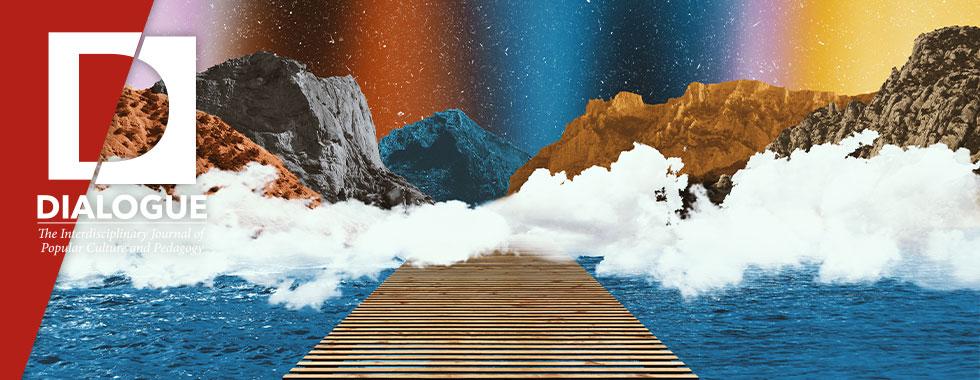Document Type
Article
Abstract
The subject of pedagogy and popular culture has assumed increasing significance in academic circles, especially since the publication of Phil Benson’s and Alice Chik’s anthology Popular Culture, Pedagogy and Teacher Education (2014), a series of interventions discussing how popular culture can be implemented in a variety of teaching situations across the globe. The book offers valuable insights into how popular culture can inspire learners through materials drawn from everyday life but tends to avoid essential questions such as what constitutes popular cultural material (and how it differs from other textual forms) and what learning outcomes might be accomplished through its deployment in the secondary or tertiary classroom (Benson and Chik). Such questions are intrinsic to all efforts to improve pedagogical standards.
In February 2015, I attended several panels in the “Pedagogy and Popular Culture Section” of the 36th Annual Southwest Popular/American Culture Association (SWPACA) Conference in Albuquerque, with the intention of discovering some possible answers, as well as finding out more about the latest thinking on the topic. In the following paragraphs I offer brief summaries of the papers I found most exciting and how they cumulatively represented a quest for the pedagogical Holy Grail of what should be taught in the classroom and why. Based on the evidence of what I heard, I conclude by offering a brief theoretical framework focusing on how and why popular culture offers unique opportunities for educators and learners alike to experiment with alternative forms of learning.
Recommended Citation
Raw, Laurence
(2016)
"A Pedagogical Journey: Albuquerque 2015,"
Dialogue: The Interdisciplinary Journal of Popular Culture and Pedagogy: Vol. 3:
Iss.
1, Article 8.
Available at:
https://digitalcommons.unl.edu/dialogue/vol3/iss1/8
Included in
American Popular Culture Commons, Critical and Cultural Studies Commons, Curriculum and Social Inquiry Commons, Scholarship of Teaching and Learning Commons

